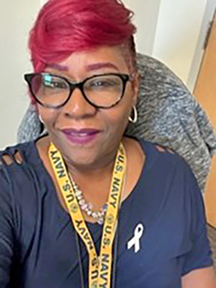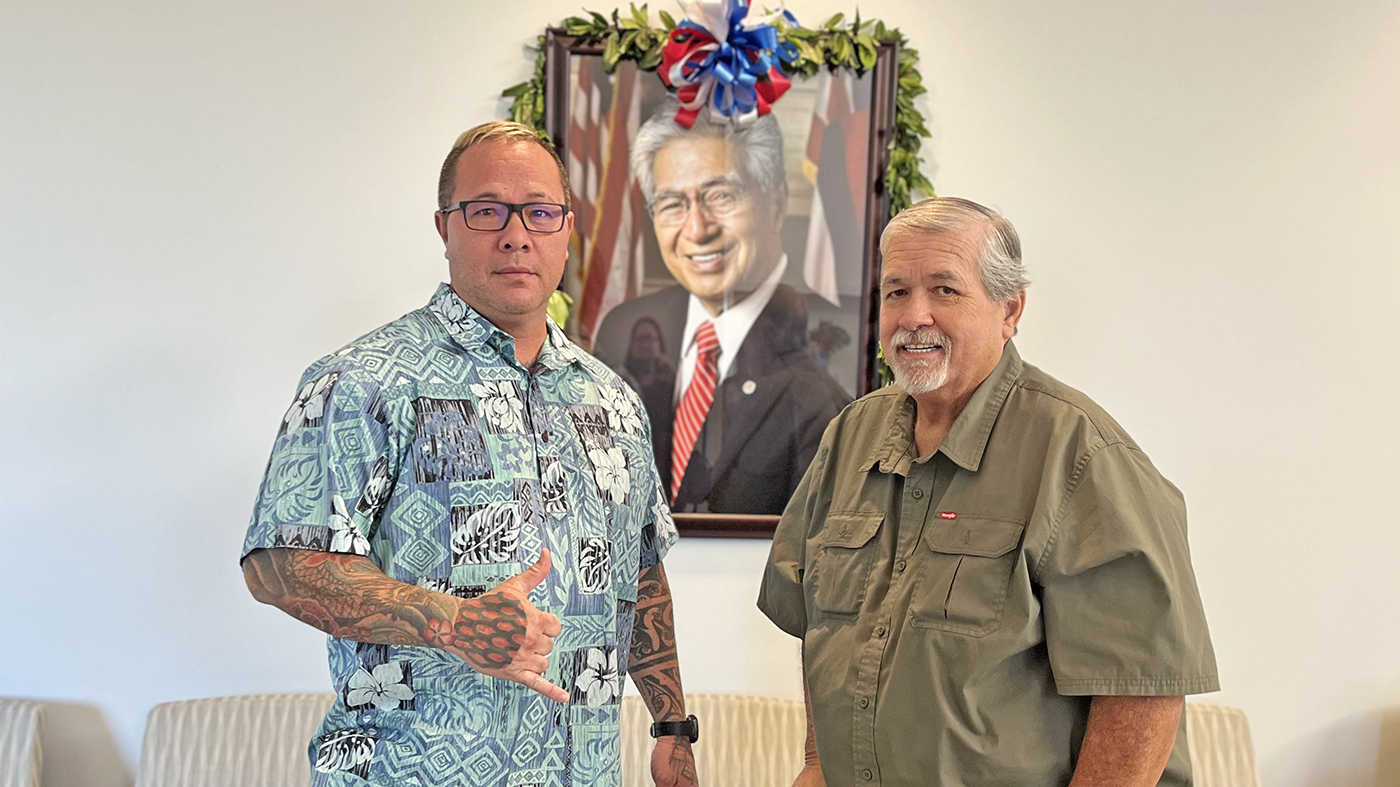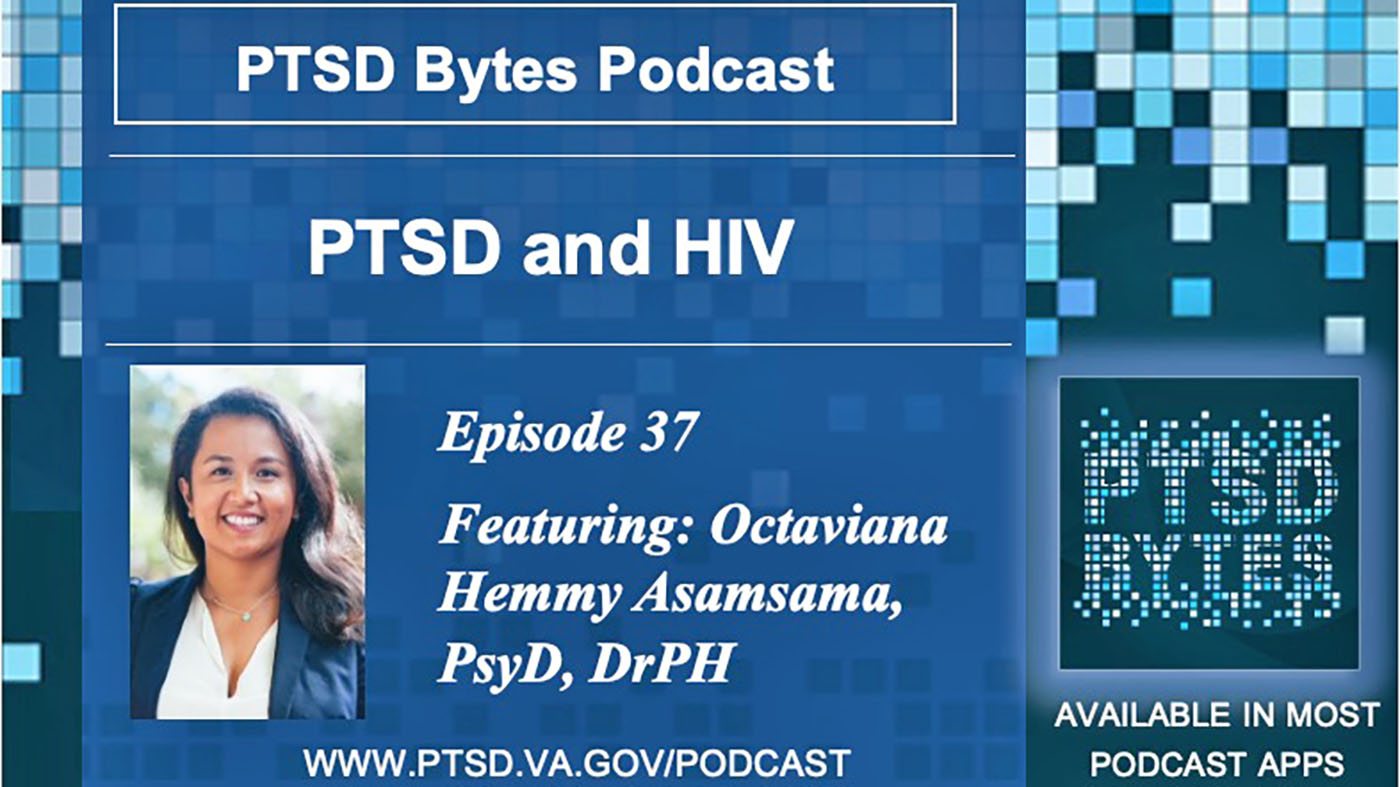VA’s priority is to ensure all who use its facilities feel safe and supported. Extensive efforts have taken place to eliminate instances of harassment or sexual assault at VA. Appropriately addressing these cases and ensuring experiencers of inappropriate behavior are cared for is essential for experiencers’ physical, mental and emotional health and well-being.
Those who experience harassment and/or sexual assault can have very different reactions. This experience is often traumatic and may lead to depression, anxiety or symptoms related to post-traumatic stress disorder. It is also associated with an increased risk of suicide.
Navy Veteran Susan Fleetwood, housekeeping program specialist at Kansas City VA, experienced military sexual trauma while on active duty. Following several incidents of harassment and sexual assault while she was in service, she was left with feelings of shame and guilt due to a lack of support and understanding from superior officers.
“Going for long periods of time without addressing mental health issues can lead to your detriment,” she said. When she reached out for help while on active duty, she was rejected, blamed and disregarded. She struggled with processing her trauma and did not have an opportunity to heal. This neglect eventually led her down a path of anxiety, depression and eventually suicidal ideation.
The importance of mental health care and support
Fleetwood did what she could to survive, including holding a string of jobs that focused on helping others who had experienced harassment, sexual assault or domestic violence. But there were still underlying factors as she was attempting to move forward without first helping herself. It wasn’t until years later during a volunteer meeting with a women Veterans’ support group that she was able to open up about her experiences and receive support.
She secured a job in VA’s Compensated Work Therapy Program as a housekeeper. She was connected with VA’s Assault and Harassment Prevention Office (AHPO) and instantly felt safe, supported and more importantly, believed. The AHPO team guided her to training she could take and helped her find helpful resources.
Fleetwood found a team that frequently checked in with her and made sure she had access to the necessary resources to aid in her recovery. VA’s mental health resources are widely available through a variety of channels to ensure equitable care is provided for the safety and well-being of VA’s community. Because of the support she received, she now focuses her efforts on supporting others.
Serving as an ally to fellow employees and Veterans
“I am empowered now. I am strong. You can’t keep me down. I am blossoming and growing,” Fleetwood said.
Today, she continues to show her strength and allyship through taking the White Ribbon VA Pledge. This pledge shows support to the VA community by saying out loud that you refuse to commit, excuse or stay silent when sexual harassment or assault is seen. Having a working environment where people acknowledge and stand up to injustices makes a big difference. She further shows her support through wearing the ribbon and encouraging others to take the pledge.
White Ribbon VA Pledge
I, (your name), pledge to never commit, excuse or stay silent about sexual harassment, sexual assault or domestic violence against others.
Equipping team members with the resources to intervene
Fleetwood encourages others to equip themselves with the knowledge and resources to identify harassment and intervene safely, such as the Harassment Prevention Program (HPP) or VA’s Bystander Intervention Techniques. Bystander intervention strategies help onlookers recognize and respond safely to a situation that is potentially hostile or to a behavior that may be harassing so the situation doesn’t get worse. VA encourages persons to identify instances of harassment or sexual assault and report them swiftly to a supervisor, VA Police, primary care provider or local authority.
You are never alone. If you have experienced harassment or sexual assault, please don’t hesitate to reach out for help immediately. For more information about assault and harassment prevention at VA, visit www.va.gov/STOP-HARASSMENT.
If you are a Veteran in crisis or concerned about someone who may be in crisis, call the Veterans Crisis Line at 988, then press 1, or text 838255. Together we can create a safer VA for all who enter our facilities.
Topics in this story
More Stories
Pacific Islands VA opens new Akaka clinic in Kapolei, bringing a variety of VA services to Oahu’s leeward side
Veterans can now navigate VA resources with confidence using the new VA Resource Navigator
In this episode of PTSD Bytes, integrated health psychologist Dr. Octaviana Hemmy discusses treatment for HIV and PTSD.







